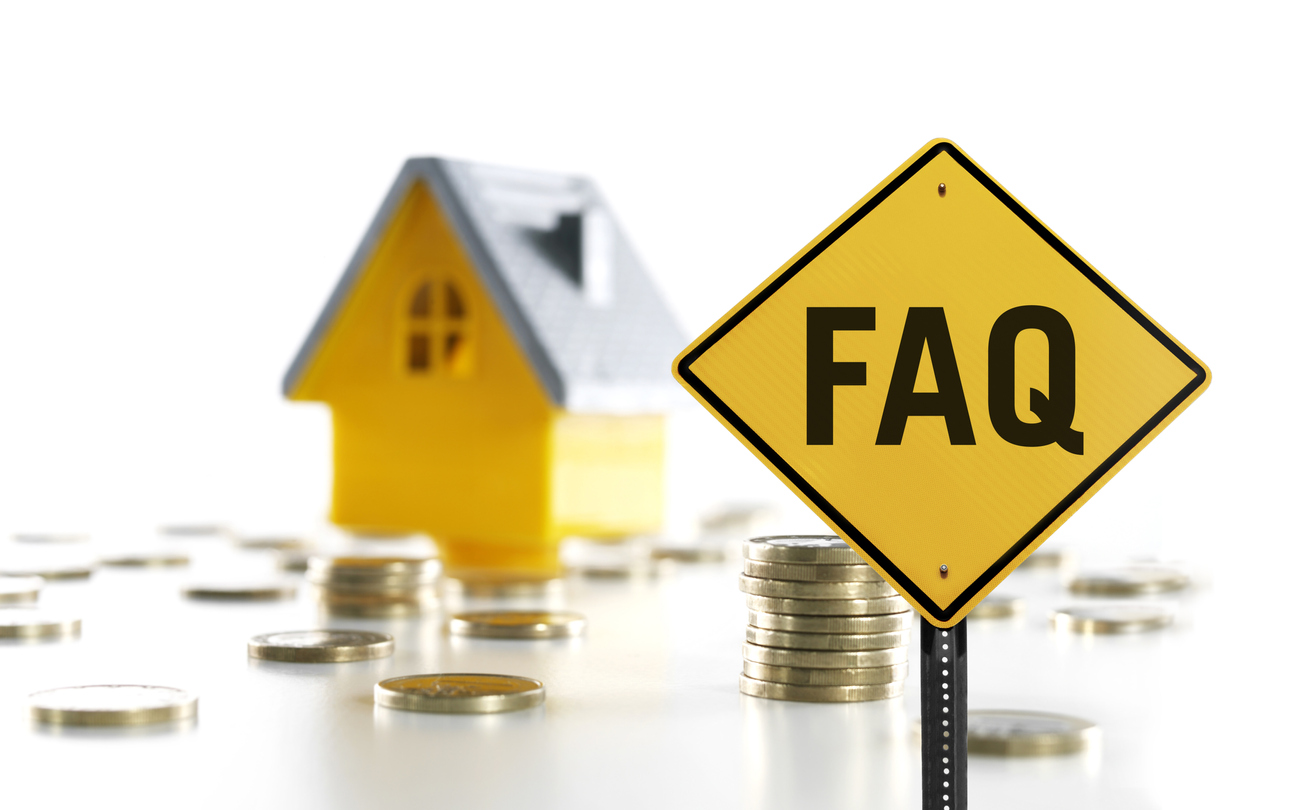Navigating the mortgage process can feel overwhelming, but breaking it down into steps can make…
Mortgage 101: The Basics and Common Mortgage Terms

Being a homebuyer can be intimidating, especially when navigating the mortgage process for the first time. HUNT Mortgage is here to ensure the mortgage process is as stress-free and streamlined as possible and to answer any questions you may have as a first-time homebuyer. Here are the answers to some commonly asked questions to help you get started as you begin to apply for your first mortgage:
Q: What is a mortgage?
A: A mortgage is a legal document that pledges a property to the lender as a security for payment of a debt. In other words, mortgages are a loan, and a legally binding contract used to buy or refinance a home.
Q: What are some of the common mortgage terms I should know, and what do those terms mean?
A: Here are some common terms you may come across as you go through the mortgage process and what they mean:
Annual Percentage Rate (APR): A representation of your interest rate along with other additional charges that you pay to get the loan.
Appraisal: A written analysis prepared by a qualified appraiser that estimates the value of the property, providing you with an appraised value.
Closing: A meeting held to finalize the sale of a property. The buyer signs the mortgage documents and pays closing costs. Also called “settlement.”
Default: Failure to make mortgage payments on a timely basis or to comply with other requirements of a mortgage.
Delinquency: Failure to make on-time mortgage payments.
Interest: The amount that the lender charges you to borrow the amount from a lender that you must repay (principal).
Loan-to-Value (LTV): The number that describes the size of a loan compared to the value of the property securing the loan. Lenders use the ratio to understand how risky a loan is.
PITI: These are the four components that make up your monthly mortgage payment – Principal, Interest, Taxes, and Insurance, abbreviated as PITI.
Principal: The amount borrowed or remaining unpaid – the part of the monthly payment that reduces the remaining balance of a mortgage.
Principal balance: The outstanding balance of principal on a mortgage not including interest or any other charges.
Private Mortgage Insurance (PMI): PMI is generally required when you place less than 20% down on a conventional loan. The lower the down payment, the higher PMI you pay.
Q: What do I need to apply for a mortgage?
A: Make sure you have all your documents together before you apply for your mortgage! You will be asked for the following:
Paystubs
W-2s from the past 2 years
Bank statements
Credit report
Q: Do I need to apply in person for a mortgage?
A: You can apply for your mortgage online! HUNT Mortgage offers an online mortgage application called the Mortgage Engine.
The Mortgage Engine app makes applying for your mortgage quick and easy. Our secure online portal allows you to connect all your financial information to your application. To learn more, visit our HUNT Mortgage Engine.
Have more questions? Contact one of our knowledgeable Mortgage Consultants, who will be happy to answer all your questions and guide you through the mortgage process!

